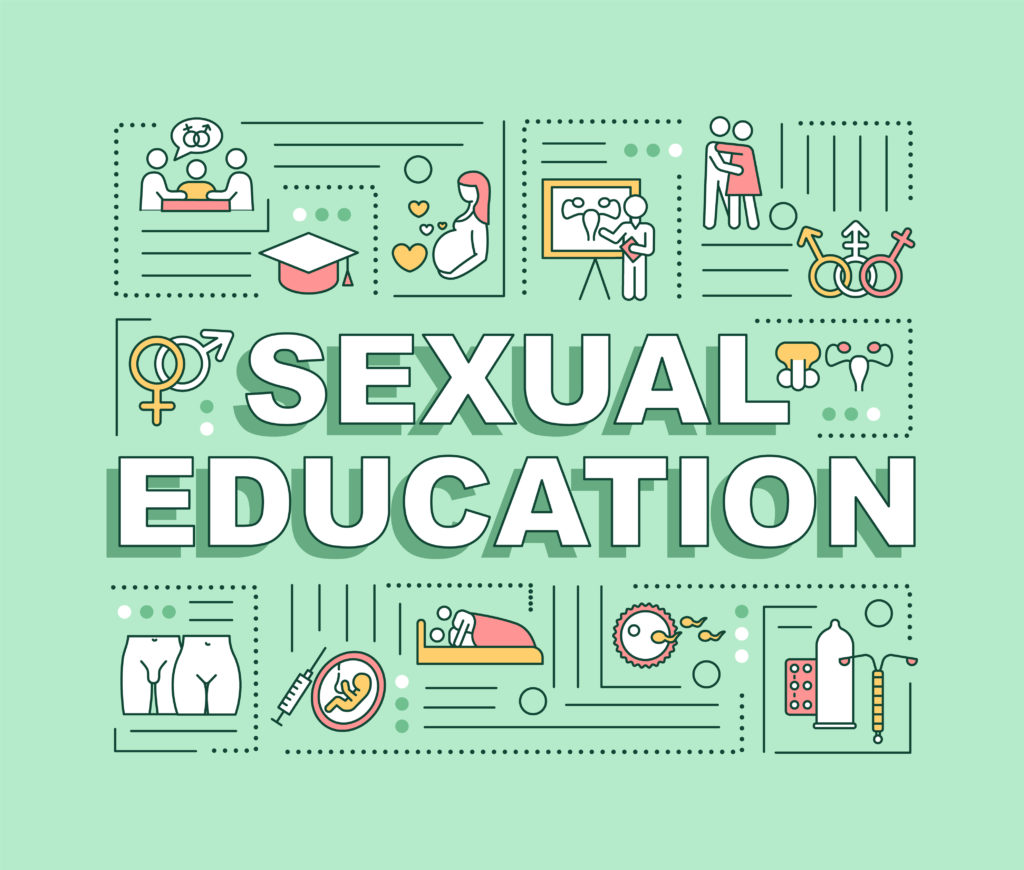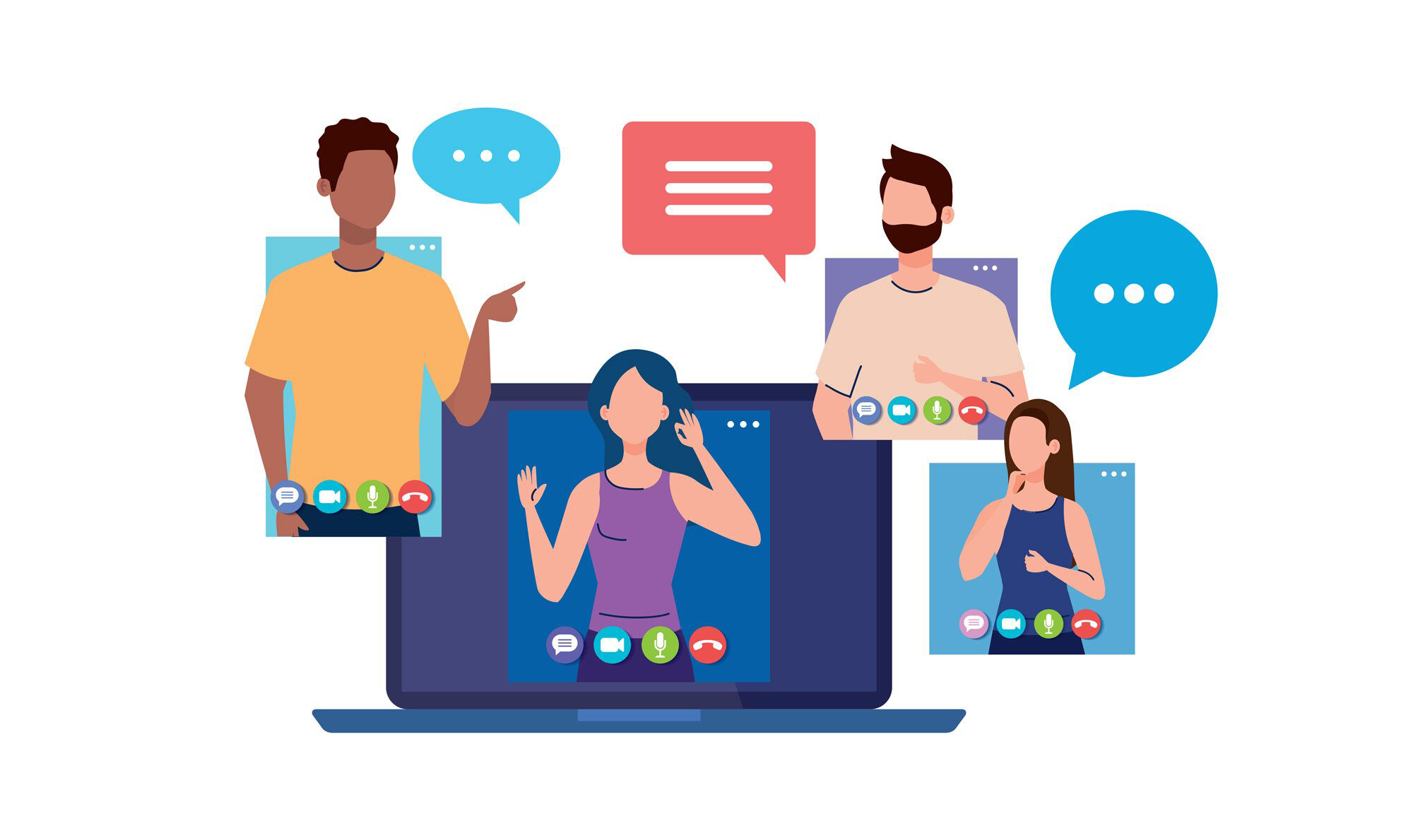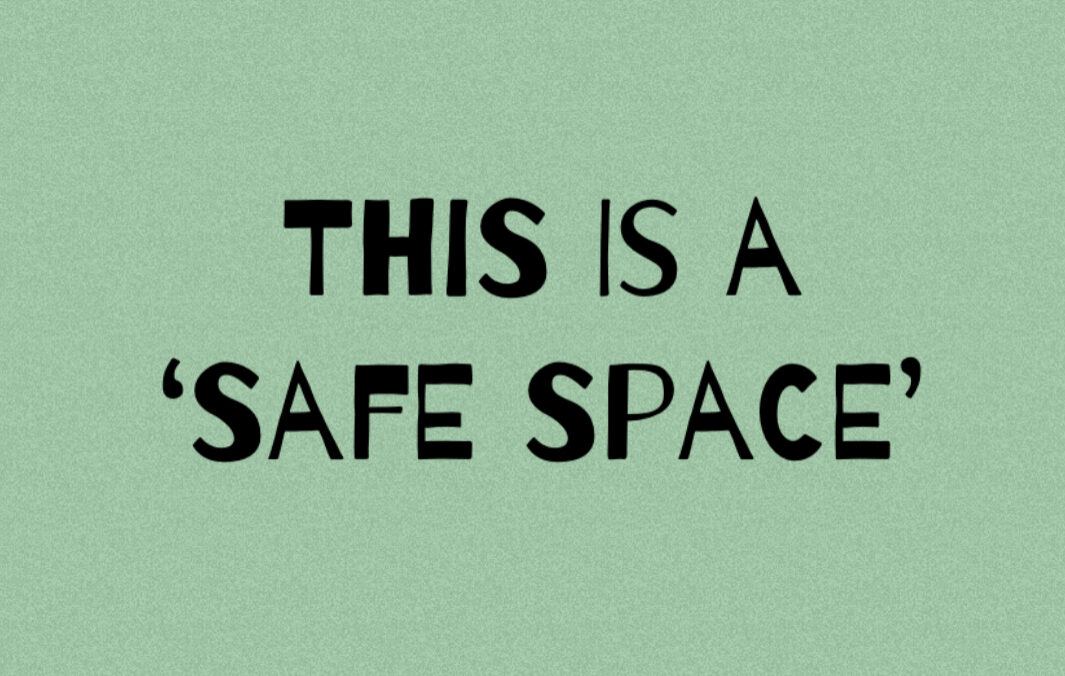Erotology is the interdisciplinary study of erotic expression through various art forms, cultural artifacts, and media. By exploring how intimacy, desire, and sexuality are represented, erotology bridges academic, artistic, and therapeutic practices. Within clinical sexology, erotology serves as a valuable tool for promoting sexual literacy, fostering emotional understanding, and facilitating healing through creative expression.
Per the Oxford dictionary:
er·o·tol·o·gy
/ˌerəˈtäləjē/
noun
the study of sexual love and behavior.
Erotology in Clinical Sexology: Art as a Medium for Understanding
In clinical settings, art has long been recognized as a transformative medium for exploring complex emotions and relationships. Erotology enhances this by focusing specifically on the representation of sexuality across artistic and cultural domains. It provides clinicians with innovative ways to guide clients in understanding their own sexual identities, desires, and histories.
The Role of Art in Sex Education
Erotology integrates traditional and contemporary media to create educational and therapeutic experiences that are accessible, inclusive, and engaging. This includes:
Visual Arts: Using paintings, photography, and sculpture to discuss body image, intimacy, and societal perceptions of sexuality.
Ephemera and Artifacts: Exploring cultural artifacts, such as postcards, zines, or playing cards, to highlight historical attitudes and personal connections to erotic themes.
Literature: Employing erotic poetry, fiction, and essays to facilitate conversations about desire, relationships, and self-expression.
Performance Arts: Using forms like theater, ballet, and opera to unpack narratives of love, passion, and sexual identity.
By integrating these forms of expression into clinical practice, erotology encourages dialogue and reflection, making abstract or difficult topics more tangible.
Competencies in Erotology for Clinical Applications
For clinical sexologists, a solid foundation in erotology offers key competencies to enhance therapeutic and educational services:
Cultural Understanding:
-
- Analyze erotic artifacts and media from various cultures to understand differing attitudes toward sexuality.
- Facilitate discussions on cultural influences shaping clients’ sexual experiences and beliefs.
Artistic Literacy:
-
- Use visual and performing arts to explore issues like intimacy, consent, and emotional connection.
- Introduce multimedia tools, such as video and digital exhibits, to engage clients in understanding their own sexual narratives.
Therapeutic Techniques:
-
- Leverage creative expression, such as writing or drawing, to help clients articulate emotions or overcome sexual challenges.
- Utilize multimedia formats, including virtual reality (VR), to create immersive therapeutic environments that explore intimacy and relationships.
Historical Context:
-
- Trace the evolution of erotic expression to provide clients with a broader perspective on their sexuality, connecting personal experiences to historical and societal trends.
- Incorporate materials from archives, such as those curated by the Kinsey Institute or specialized collections at www.eroticartappraisals.com, to enrich therapeutic sessions.
Inclusivity and Representation:
-
- Emphasize diverse sexual orientations, identities, and cultural expressions through art to foster a safe and inclusive therapeutic space.
Clinical Applications of Erotology
Erotology’s emphasis on creativity and representation aligns closely with the goals of clinical sexology. It offers practical tools for addressing a variety of client needs, including:
Sexual Literacy and Awareness: Educating clients about their own bodies and desires through visual aids, storytelling, and artistic exploration.
Healing Trauma: Using art to process and heal from sexual trauma, offering clients non-verbal avenues for expression and recovery.
Strengthening Relationships: Exploring depictions of love and intimacy in art to facilitate conversations between partners about needs, boundaries, and shared values.
Exploring Identity: Guiding clients through artistic representations of LGBTQ+ experiences to affirm their own identities and histories.
Erotology as a Framework for Sex Education Through Art
In addition to its clinical applications, erotology is a powerful framework for sex education. By presenting sexuality as a creative and cultural phenomenon, it reframes discussions about intimacy and consent in ways that resonate across age groups and communities. Through workshops, digital exhibits, and curated materials, erotologists provide educators and clinicians with resources that are both engaging and deeply informative.C
Empowering Through Erotology: Art’s Role in Sexual Understanding
Erotology offers clinical sexologists a rich, multidimensional approach to exploring human sexuality. By integrating art, history, and culture into therapeutic practices, erotology provides a platform for clients to better understand themselves and their relationships. Resources like www.eroticartappraisals.com further support the field by preserving and interpreting materials for academic and clinical use.
Through its focus on creativity and representation, erotology not only enhances sex education but also fosters healing, inclusivity, and personal growth. In the hands of skilled clinicians, it becomes a transformative tool for connecting individuals with their own sexual narratives and empowering them to live authentically.
Featured Image: Manual of Classical Erotology (de Figuris Veneris) | Friedrich Karl Forberg (1884)





